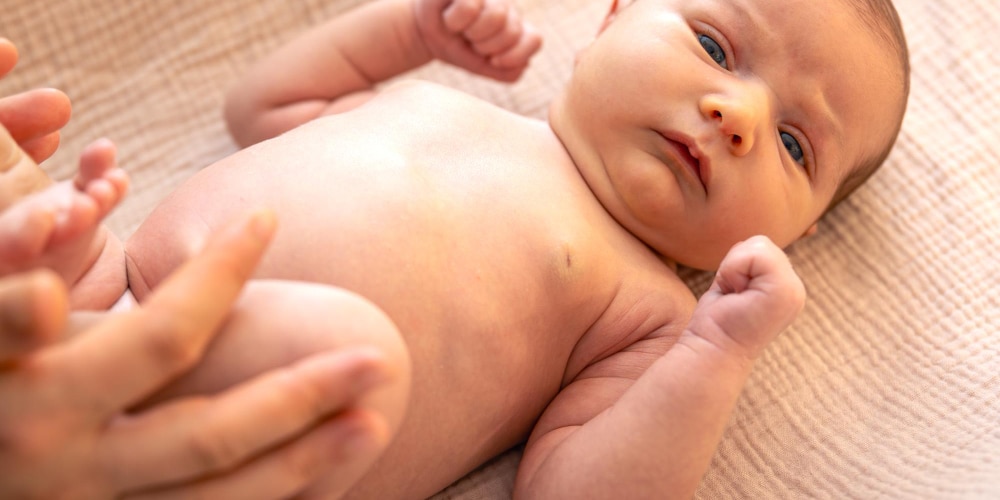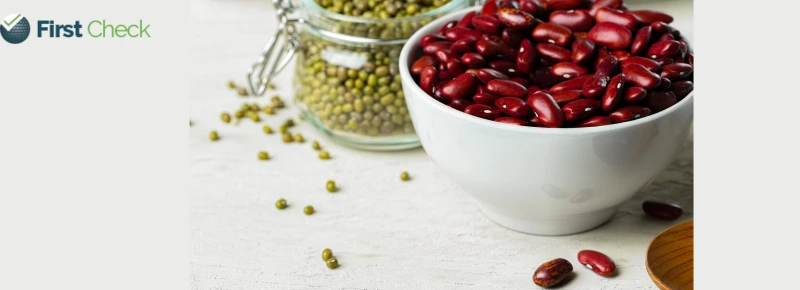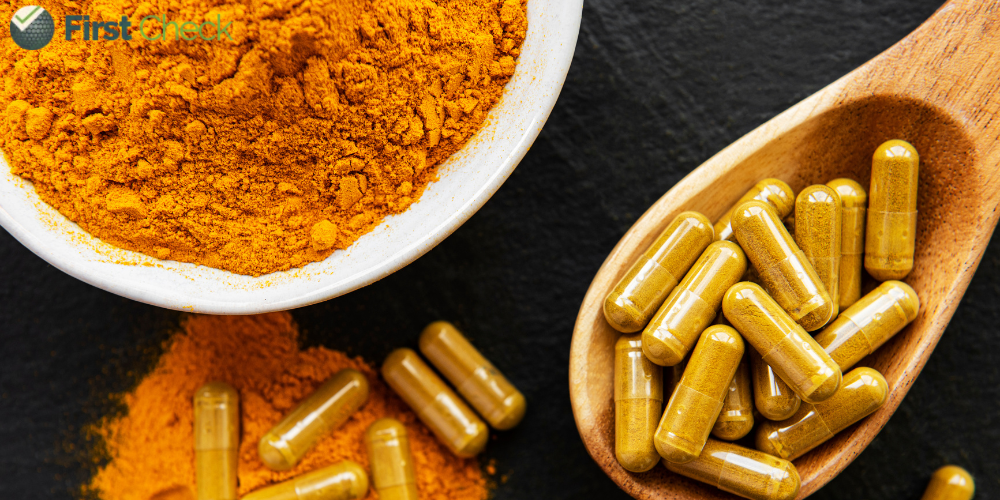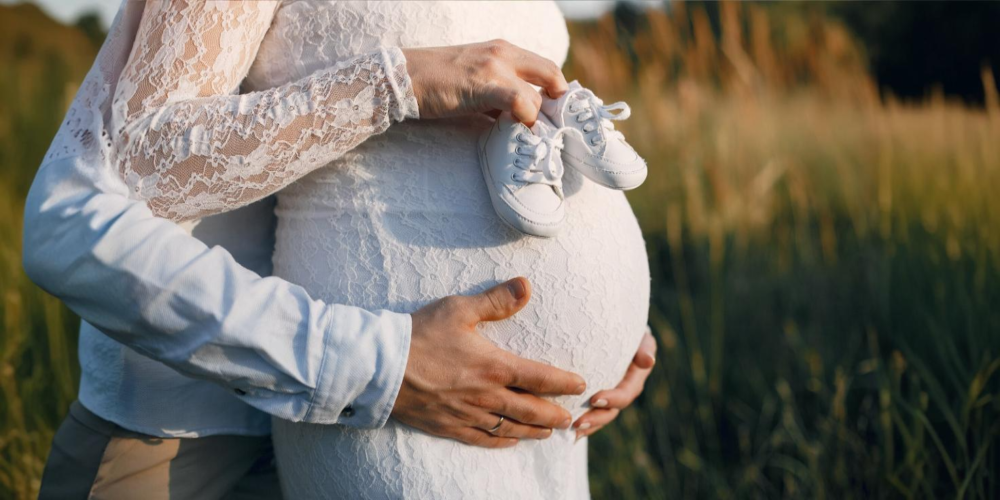FACT CHECK: Has AIIMS said eating hot foods from plastic containers leads to cancer?
According to the Tata Cancer Care Foundation and Cancer Research UK, there is no substantial evidence linking the use of plastic containers to cancer
Author
Author
- admin / 1 year

- 0
- 4 min read
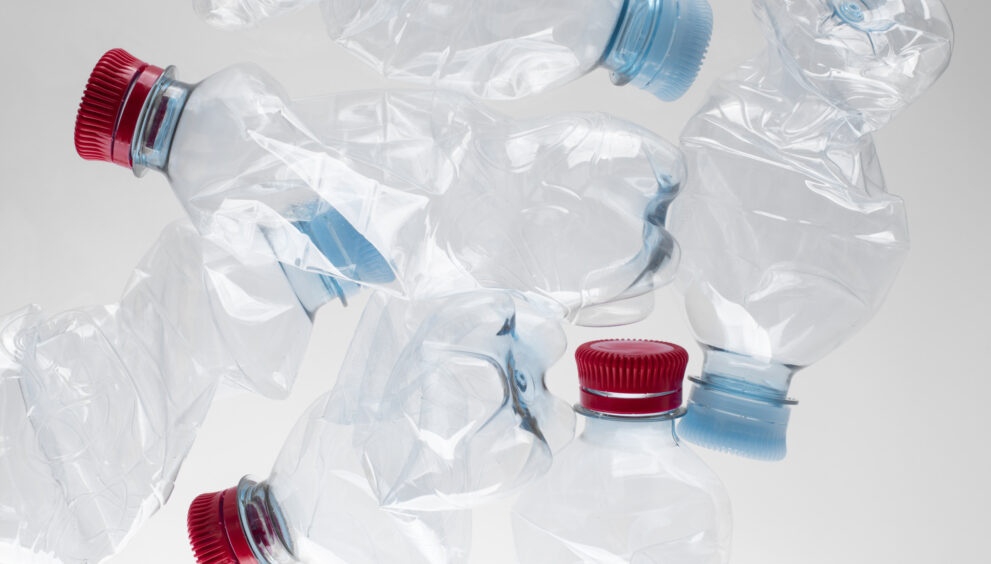
Author
CLAIM:
AIIMS has said that eating hot food in plastic containers or heating food in plastic containers leads to cancer
FACT:
Certain plastics can leach harmful chemicals into food, especially when heated, so it’s important to use food-safe, BPA-free containers and consider alternatives like glass or stainless steel. However, AIIMS has never put out such a poster or information.
A poster, which says that the All India Institute of Medical Sciences (AIIMS) has advised against eating or heating food in plastic containers, has been doing the rounds on social media. A First Check reader sent us the social media posts on our newly launched WhatsApp tipline, asking us to verify the claims.
The posts feature a poster, with the image of a person, and the title “AIIMS has given the reasons for cancer,” and goes on to list three reasons.
“Never have chai in a plastic cup,” is the top reason, followed by “don’t have any hot items in plastic containers, especially food,” and “do not heat food items in the microwave in plastic containers.”
“Remember that when plastic comes in contact with heat, it creates such chemicals which are responsible for 32 different kinds of cancer,” it reads.
This was shared on X by Manoj Sharma, the Rajasthan Bureau Chief of the national daily Dainik Bhaskar, who has over 250,000 followers on the platform, with the caption “plastic is poison” and the post has been viewed over 2,400 times.
प्लास्टिक जहर है..!! pic.twitter.com/R7v52h043v
— MANOJ SHARMA/ मनोज शर्मा (@manojpehul) September 17, 2024
It has also been shared on instagram.
First Check found that the posters have been around for years, resurfacing almost every year and gaining viral traction each time. The earliest mention First Check found of the poster was in 2015, but it has also been shared in 2016, 2017, 2018 and 2019. While the message in the posters have remained the same over the years, the image of the person has changed.
Not only is the poster not new, it is not affiliated with AIIMS Delhi, as per their spokesperson. “We are not aware of any such poster doing the rounds and it is not associated with us,” said Dr Rima Dada, the spokesperson for AIIMS, Delhi.
AIIMS has banned single-use plastics on its premises since 2019, but this policy is unrelated to the misleading claims made in the poster. This initiative aligns with broader environmental goals aimed at mitigating plastic pollution, Dr Dada said while emphasizing that the viral poster does not reflect official AIIMS communications or policies.
As for the health claims in the poster, research indicates that some plastics can leach harmful chemicals into food, especially when exposed to heat or when storing acidic or fatty foods. For instance, polyvinyl chloride (PVC) containers often contain phthalates, which have been linked to various health issues, including metabolic disorders and reproductive problems. When plastic containers are heated, such as in microwaves, the risk of leaching increases significantly. Chemicals like bisphenol A (BPA) and its substitutes, such as bisphenol S (BPS), can leach from plastic into food, particularly under high temperatures. This leaching is more pronounced with older or damaged plastic containers, which are more likely to release harmful substances.
Experts recommend avoiding the use of scratched or damaged containers and suggest looking for products labeled as “food-safe” or “BPA-free” to minimize risks.
Additionally, while some plastics are deemed safe for single use, they may not be suitable for repeated heating or storage. For example, polyethylene terephthalate (PETE) is generally considered safe for single-use applications but not for repeated heating or long-term storage.
According to the Tata Cancer Care Foundation and Cancer Research UK, there is no substantial evidence linking the use of plastic containers to cancer when used as directed.
While concerns about plastic usage and safety are valid, misinformation can lead to unnecessary panic. It’s crucial to rely on verified information from credible sources when discussing health and environmental issues. By fostering a better understanding of these topics, we can make informed choices that benefit both our health and the planet.
Also read: India leads the world in plastic pollution hotspots – First Check
(Do you have a health-related claim that you would like us to fact-check? Send it to us, and we will fact-check it for you! You can send it on WhatsApp at +91-9311223141, mail us at hello@firstcheck.in, or click here to submit it online.)






